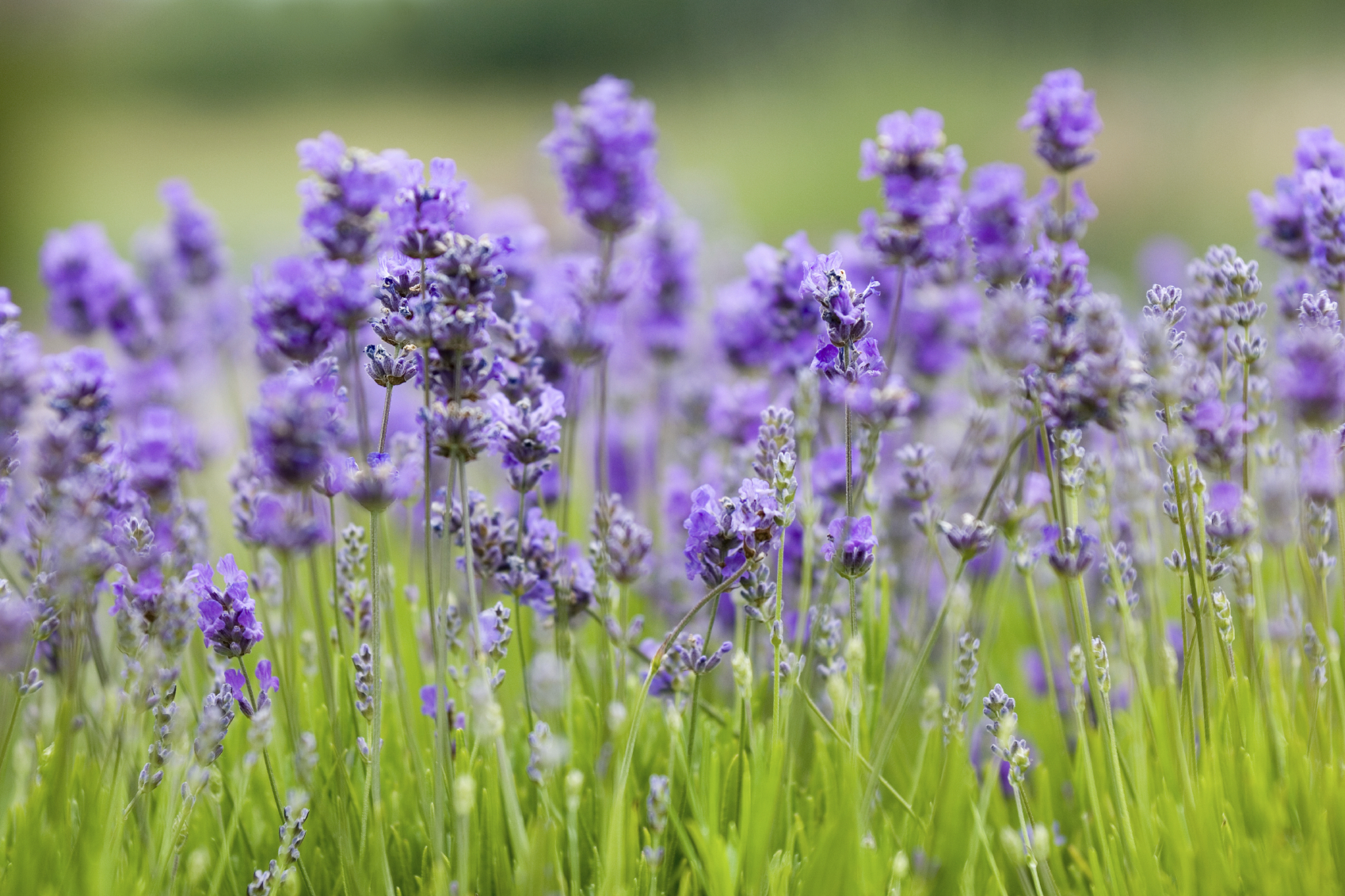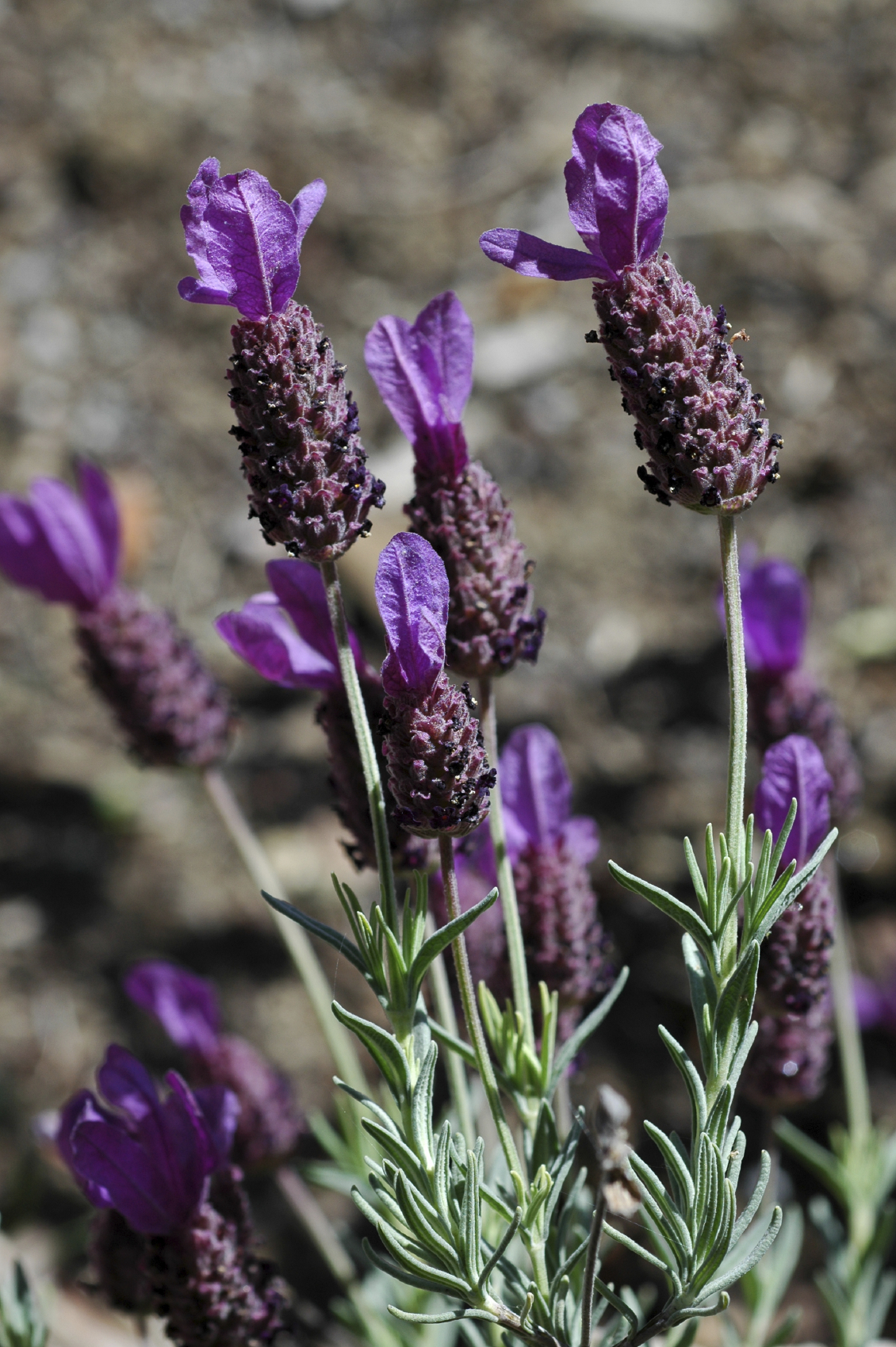
11 Jan A Naturopathic Physician Weighs in On Daytime Naps
Should we actually be taking naps during the day?
We certainly know from evidence from sleep centers and that of many scientists that naps can give you benefits for both your brain and your body.
But naps can actually be a double-edged sword because while we are awake during the day, we are building up sleepiness or sleep pressure. So that when you try to fall asleep at night, you will fall asleep quickly and you will stay asleep.
When we sleep we actually release that sleepiness almost like a valve in a pressure cooker, enabling us to wake up the next morning feeling refreshed.
If you take a nap during the day, especially if you take it too late in the afternoon, you will actually release some of that sleepiness and it will make it that much more difficult to fall asleep and to stay asleep soundly throughout the night.
So my advice would be, if you don’t struggle with your sleep and you can nap regularly, then naps are just fine. But if you do find it difficult to fall asleep or to stay asleep at night, then it’s a good idea to avoid naps and try and build up that healthy sleepiness in the evening.
What is the ideal nap?
The ideal nap depends on what you want from that nap. Different stages of sleep give you different types of brain and body benefits. But if you want to avoid that grogginess that you can often have after a long sleep, then you should perhaps avoid naps that are longer than maybe 40 or 50 minutes in length.
It’s also important to avoid naps late in the afternoon so that you wake up at least after you finish the nap and still have enough time to build up that sleepiness (sleep pressure), so that you can get to sleep in the evening.
Can naps help with sleep debt?
The answer unfortunately is, no. Sleep is actually not like a bank. You can’t accumulate a debt and then hope to pay it off at some later point in time. Sleep is an all-or-nothing event. In other words, you can’t short sleep during the week and then try to binge and oversleep at the weekend.
Research has shown that if we take a human being and deprive them for sleep for one night so that they were to loose 8 hours of sleep. And then if we give them all of the recovery sleep that they want on a second, a third, or even a fourth night, they do sleep longer, but they never gain back the 8 hours that they’ve lost.
We can ask then, “Why isn’t there some kind of a credit system in the brain? Why don’t we have a cell that can actually store up that sleep?” Because there is precedent for this.
We actually have a storage system for calories in the body and they’re called, “fat cells.” This is because there was a time during the evolutionary process where we had feast and we had famine. When we had feast, we would store that caloric energy and fat cells. So that when we went into a debt during that caloric famine, we could actually survive.
Human beings are the only species that deliberately deprive themselves of sleep for no apparent reason. This means that Mother Nature has never had to face the challenge of sleep deprivation during the course of evolution. Therefore, she’s never had to come up with a safety net mechanism that overcomes a sleep debt.
If you or someone you know is having difficulty with falling asleep or staying asleep, feel free to drop me a line on the “contact us” page on this site. I treat patients locally at my Naturopathic practice in Vancouver, B.C. and worldwide via phone or Skype.
To honoring your health potential!
Licensed Naturopathic Physician, Menopause Clinician, Acupuncturist, Author, and Health Educator

